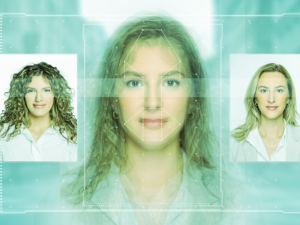Author: Cristina Mesa

Are you feeding your AI model properly?
Although the AI Act (Regulation 2024/1689) does not regulate copyright, it does recognize the existing tension between technology providers and content creators. Seeking a balance between these two forces, it provides for the implementation of opt-out mechanisms allowing the owners of protected works to stop them being used to train AI models, while also allowing […]

Striking a balance between transparency and intellectual property rights in the Artificial Intelligence Regulation is not an easy task
The European regulation requires transparency about the content used in training in order to protect third-party intellectual property rights. The aim is to facilitate this protection by increasing transparency while at the same time enabling AI systems providers to protect their own intellectual property rights and trade secrets. Although intellectual property is not the main […]

Debunking ‘green sheen’: the new rules on environmental claims
The new EU Directive seeks to put an end to greenwashing and early obsolescence practices. The majority of the obligations it lays down are already punishable through existing unfair competition regulations. However, the new EU greenwashing directive fills certain legal voids. The Greenwashing Directive puts down in black and white what we already knew: do […]

Deep fakes: the media and the legal system is under threat
The exponential increase in the use of artificial intelligence (AI) to generate audiovisual content is forcing us to re-think the risks involved in the proliferation of deepfakes. The quality of this synthetic content is such that it can generate situations or conversations that never existed, blurring the line between real and make believe, just like […]

Reviews, professional reviewers and bot farms: new obligations for online businesses
New rules on online reviews of products will be coming into force on May 28. Digital businesses will have to bear in mind new requirements in relation to users’ assessments of their products and take steps to improve the truth and authenticity of their comments. The majority of the amendments of the General Consumer and […]

Data libraries are not eligible for protection as computer programs
A judgment handed down by the Barcelona Provincial Appellate Court on April 7, 2021 sheds more light on the scope of protection of computer programs by clarifying that data libraries included in programs are not eligible for protection as part of the programs but rather, where applicable, must seek the protection afforded to databases […]
